When I exited the small turbo-prop plane in Sapporo, it was cool and dreary, like my home in the Pacific Northwest of the United States. I walked off the flight line in the most organized fashion I had ever experienced. I boarded a bus to the city’s heart, which I would call home over the next few days.
It was the beginning of Sapporo’s Autumn Festival, a lesser-known venture than their Ice Festival but still a fantastically organized event. Its sections highlighted the unique cultural foods of the island of Hokkaido and local wines and beers made on Japan’s northernmost island.
As I roamed the bright, bustling city streets, I told myself I would find a cigar lounge somewhere in this vast city. I did not know what to expect then, but if anything, my time in Japan told me I was in for a surprise.
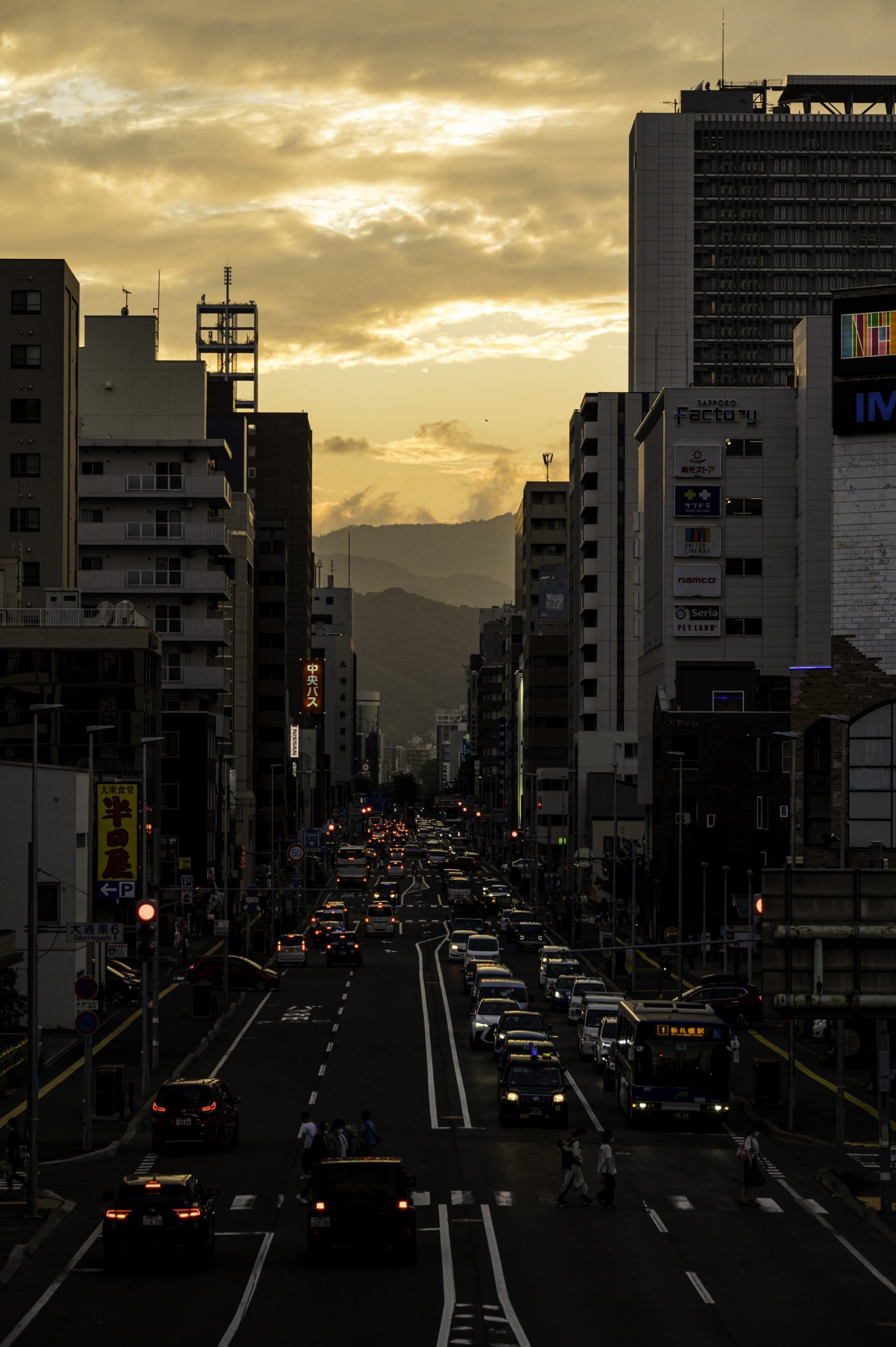
I navigated the winding, busy, yet quiet streets of Sapporo on the prowl for something resembling a Cigar lounge. I navigated through alleyway after alleyway, street after street. The architecture of the city was reminiscent to downtown Chicago and Paris while also remaining uniquely Japanese. As the sun began to set, I observed the sunset as the immense ball of fire tucked itself behind the elegant mountains on the horizon. My search continued well into the darkness and eventually, in a multi-level building filled with bars, I found my first stop, the Slow Boat Jazz Club.
When I first entered the building, a haze of cigarette and cigar smoke filled the room. The lack of filtration forced me to develop a scratchy throat as I navigated into a small room filled with decorations of jazz records. In the center, a guitar duo was playing bossa nova hits. The resonation of the nylon strings as the guitarist played the opening notes of Manha de Carnaval reverberated in a calming, classic tone. I was flabbergasted at what I was seeing. I knew the Japanese enjoyed jazz, but I was surprised that this club eloquently executed the feeling of a 20th century jazz club so well.
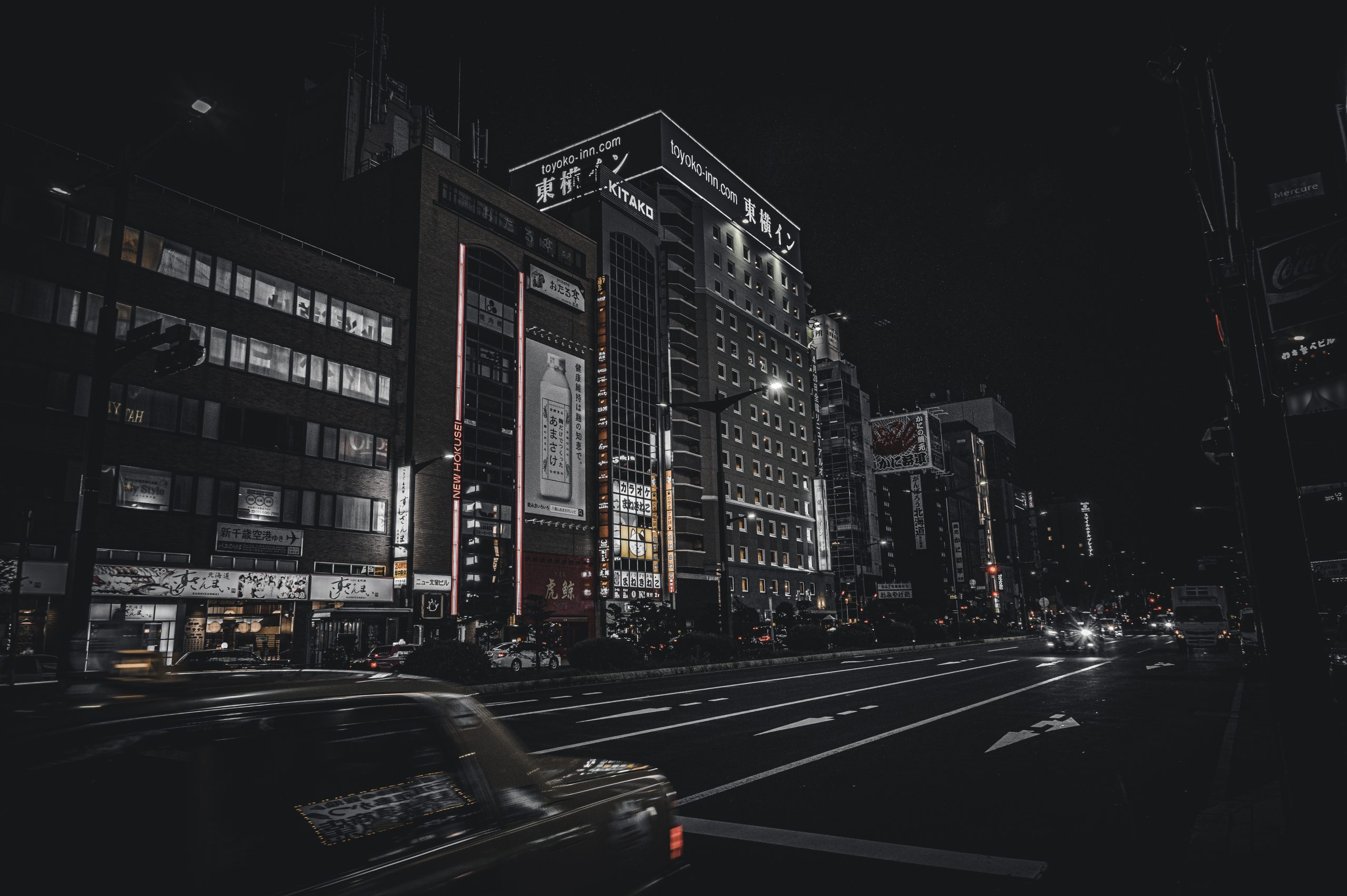
I sat down along the narrow, laminate bar, where the bartender quietly asked what I wanted. Although I spoke no Japanese, I knew how to order an old-fashioned. The bartender nodded and began preparing me a cocktail that one would only expect to see at the finest Western lounges. The golden liquor was poured into the glass with a perfectly clear ice cube, fresh fruit, and smoked with cherry would. As I took the first sip, the flavor graced me with elegance, accompanied by the stinging finish of Japanese whiskey. I elected to light my first smoke of the day, a Montecristo cigarillo, a classic smoke for a classic evening. The cigarillo paired with my cocktail just right, as I closed my eyes and embraced the music serenading my ears and my soul.
The Slow Boat was an establishment where one could experience the smooth essence of live jazz while enjoying the finest cocktails accompanied by a smoke, a rarity in the Western world. I learned that this establishment was opened by Jazz Pianist Ryo Fukui in 1995. He is known as one of the most prominent Japanese jazz musicians to ever live. The club, the size of a large bedroom, has hosted some of the most famous jazz musicians of the past five decades. Unfortunately, Mr. Fukui passed away in 2016, but his wife still maintains his legacy through the club.
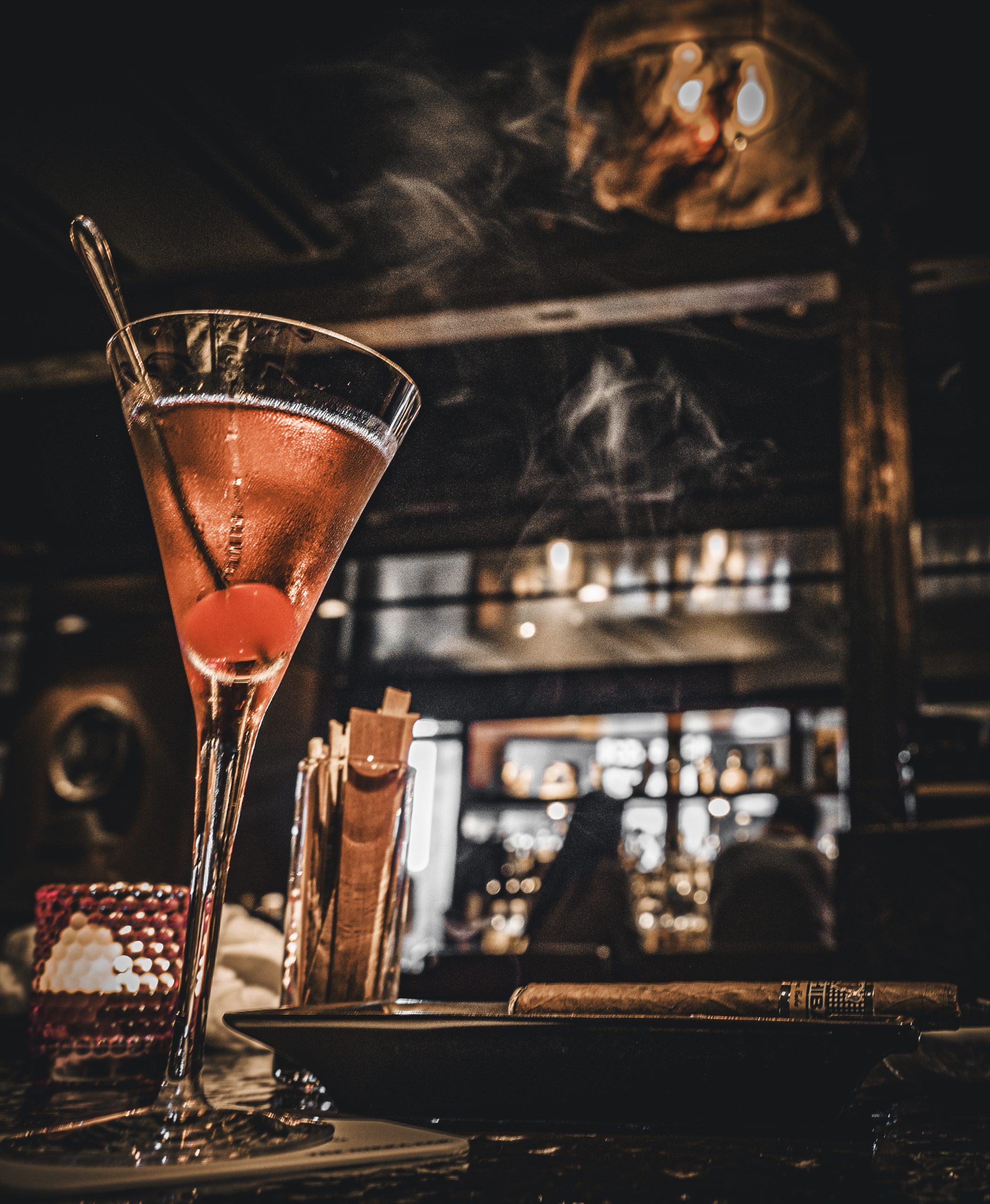
As the show finished and the bar began to close, I resumed wandering the streets of the downtown section. The city was much less quiet now with cars zooming by, contrasted by the immense lights attached to buildings. While looking at business signs to figure out which ones would allow me to smoke, I found the Nikka Bar in a neighboring building. I was greeted by a host in a tuxedo who led me to the back of the lounge, revealing a bar with premium spirits and a robust Cohiba humidor. I ordered a Manhattan (the only other thing I know how to order in Japanese), which once again rivaled anything I had ever experienced in boutique lounges in the United States. The red complexion of the drink reflected off of the glass and low lighting of the bar, forcing me to appreciate the preparation as well as the taste.
My lack of Japanese consistently failed me, but I could communicate with the server based on his love of cigars. I made my selection, and he returned to light my cigar with a match and cedar. The robust scent of cedar filled the immediate area as the server rose the stick of wood to my cigar. After a preliminary light, he gave the cigar to me and I began to draw on the perfectly fresh Cohiba. The essence of vanilla accompanied by a light spice filled my taste buds, as I sat back in my seat and took in the low-lit room. Although the music was not live, the jazz serenaded my ears as I closed my eyes and sipped my cocktail. Through the window, I watched the glistening streetlights of downtown Sapporo, just adding to the allure of my experience.
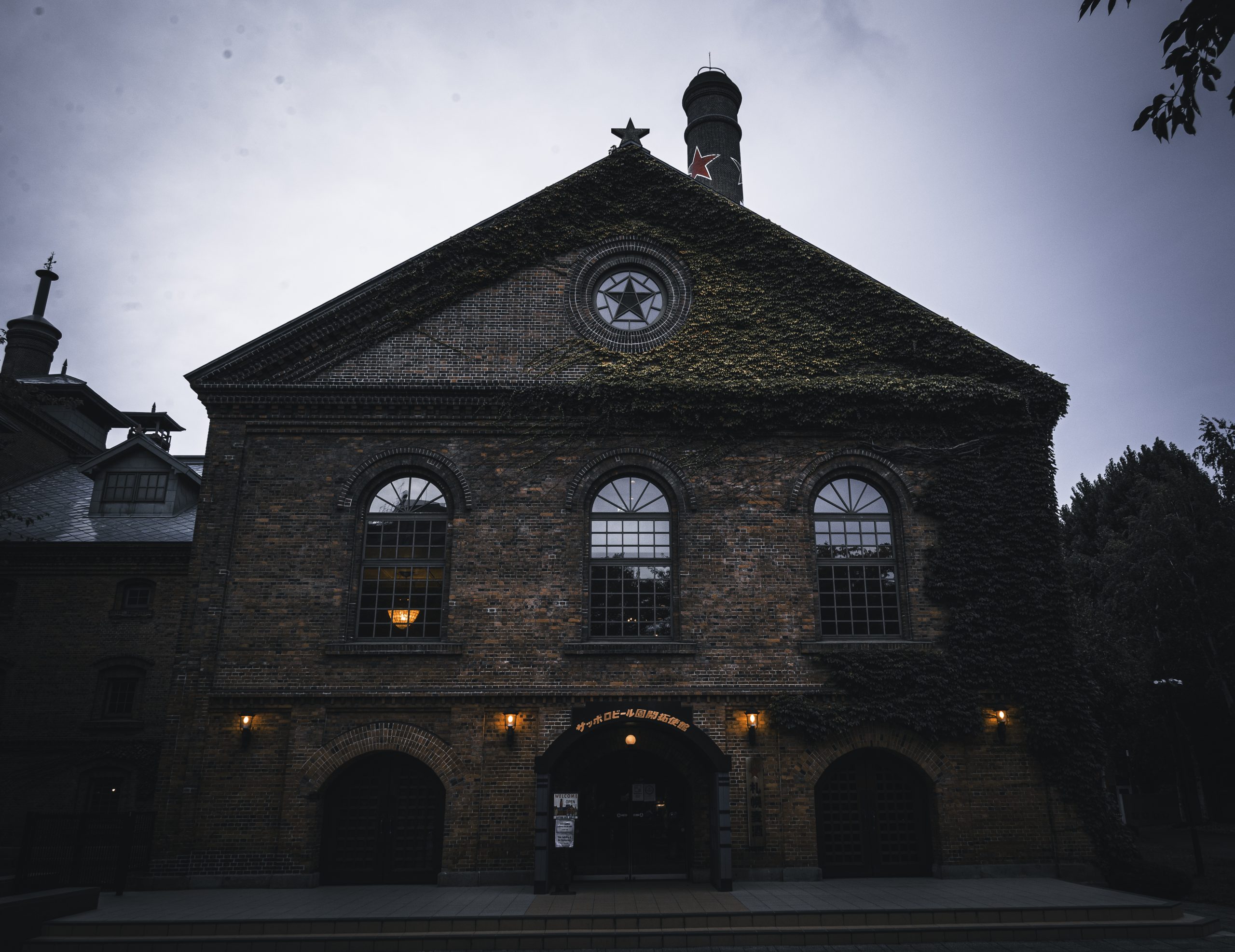
This evening was unique, but lounges like this exist throughout Japan. They may need to be better advertised, but searching for these magnificent clubs adds to the allure of the experience. In a world where Cigar Lounges seem to be dwindling, they are thriving across the mighty Pacific Ocean.
The Japanese have revived the classic cigar lounge, ensuring that future generations can experience the essence of what cigar lounges once were. These establishments’ perfection is very Japanese, but they easily capture the shared experience across the world.
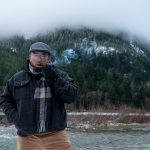
Erick Huertas
Erick Huertas is originally from Lancaster County, Pennsylvania, and was introduced to the social aspect of cigars during his schooling in San Antonio, Texas. Around this time, he also developed a growing interest in writing and photography, using his phone camera and notepad to capture the world around him.
Erick solidified his passion for photography and adventure when he completed the Trans-American Trail in the summer of 2021 with his Land Rover Discovery 3. Since his 2021 expedition, he has been interviewed on several podcasts and has written extensively about the open road.
In 2023, Erick became involved in Grassroots motorsports by covering local Rallycross through the Northwest Rally Association, local autocross, and other events. In late 2023, he debuted as a photographer in the American Rally Association and has since covered events with Pan American Superbike and Formula E.
When not traveling, Erick can be found on Whidbey Island, Washington. You can contact Erick via email at [email protected], on Instagram at @_ebhphoto, or on his website: www.erickhuertas.smugmug.com


